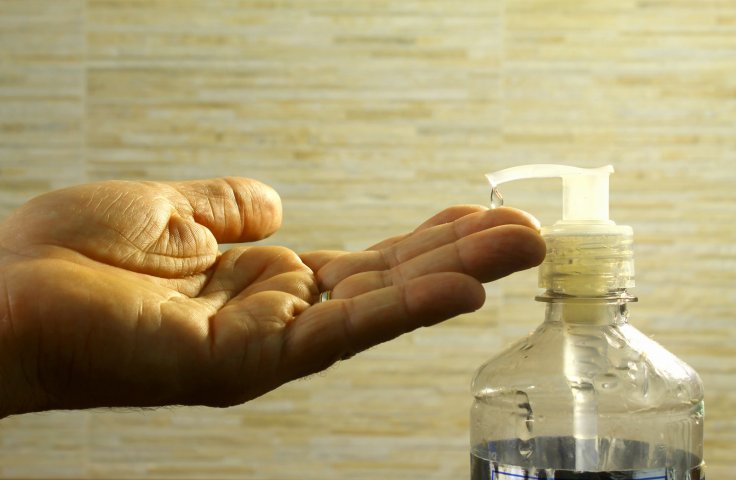With antibiotic resistance becoming a global problem, treating infections in wounds is gradually becoming a medical challenge. However, scientists from Lund University in Sweden have formulated a new hydrogel based on the natural peptide defense of the body.
The gel has demonstrated the ability to prevent and treat infections occurring in wounds. According to the researchers, the gel can eliminate multi-resistant bacteria—that are resistant to multiple antimicrobial drugs—and aid in the healing process as well.
"The ability to effectively heal wounds is key for our survival in evolutionary terms. There are peptides in wounds that defend against bacteria and prevent their toxins from causing inflammation. The gel is based on these natural defense mechanisms and has had a dual effect – by both preventing as well as treating wound infections", said Artur Schmidtchen, co-author of the study, in a statement.
What does the hydrogel do?
Simply put, the gel kills bacteria—thereby preventing infections—and also enables in the healing of the wound. It can destroy multi-resistant bacteria. However, this is not all that the formulation can do. The gel can prevent the inflammatory reaction that the wound experiences due to the invading bacteria.

According to the authors, the peptides found in the gel can neutralise lipopolysaccharides (LPS)—chemicals present in the cell walls of bacteria—that set off an inflammatory reaction. This reaction plays an important role in the immune system's ability to prompt a response to tackle the bacteria.
"We have designed a whole new type of treatment that uses nature's own principles by not only killing bacteria but also acting as an immune-modulator", said Manoj Puthia, first author of the study.
A new alternative in the time of antibiotic resistance
Currently, there is a growing requirement for remedies—that can expedite the healing process and decrease complications in patients—and also treat several kinds of wounds such as surgical wounds, burns, and other wounds that do not heal quickly.
Existing treatments are targeted at the bacteria, and the common course of treatment is the prescription of antibiotics to either prevent or eliminate the infection of the wound. This has become an increasingly problematic method of treatment. Unrestrained prescription of antibiotics has contributed to the growing global concern of antibiotic resistance. This is where the study serves as a game-changer.
"Antibiotics and antiseptics kill the bacteria but do not affect the subsequent harmful inflammatory process. Another problem is that the active substances in today's antiseptic wound treatment often are toxic and harmful to the environment. We have not seen this with our active substance, and it also kills multi-resistant bacteria", stressed Schmidtchen.
Where is the research heading to next?
Acquiring an approval for using the gel in clinical trials involving patients with burn injuries is the next step for the researchers. They are teaming up with a biotechnological company to accomplish this.
The researchers are also working towards formulating another gel that can help treat infection of the eye and other internal organs. Schmidtchen concluded, "We will also look into the possibility of developing new peptide-based drugs for eye infections and infections in other internal organs."









